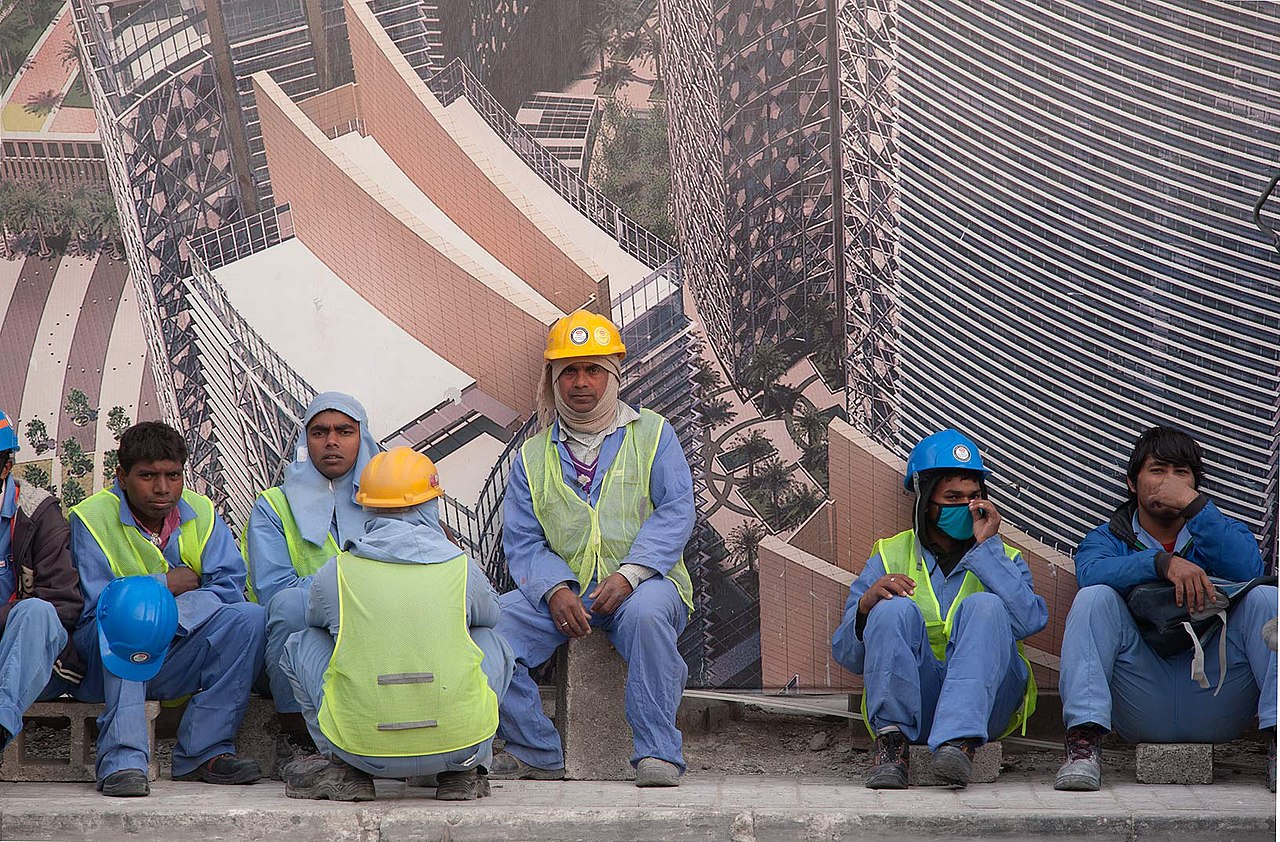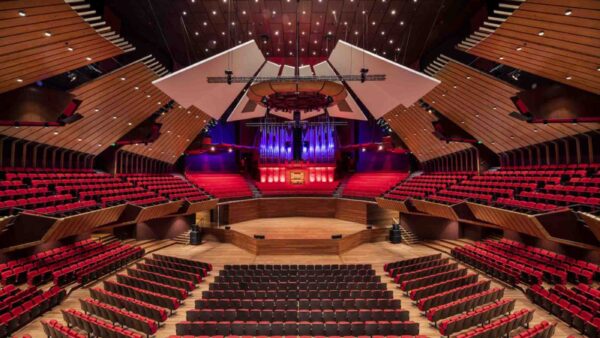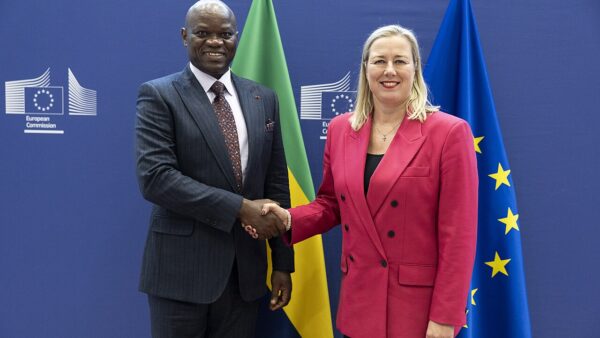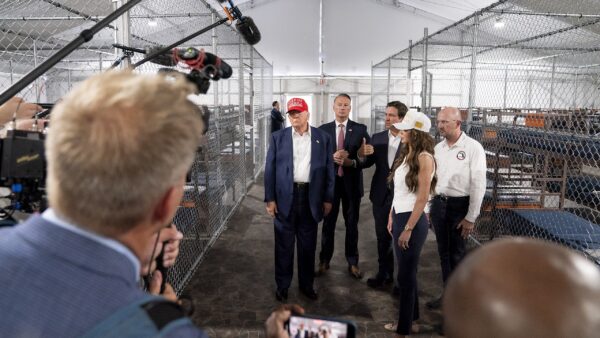
Amnesty International and a coalition of human rights groups, unions and fan organisations this week penned an open letter calling on FIFA to set aside “at least $440m” for hundreds of thousands of migrant workers who have suffered human rights abuses, loss of pay, injury and death in Qatar during its 12-year construction boom to prepare for this year’s World Cup.
The sum, equal to the prize money to be handed out at the tournament, represents a small fraction of the $6bn total revenue FIFA is expected to make at Qatar2022, Amnesty said.
It said the sum is likely to be the minimum necessary to cover compensation costs and protect workers’ rights in the future, adding that the total sum for reimbursing unpaid wages, the extortionate recruitment fees paid by hundreds of thousands of workers, and compensation for injuries and deaths could end up being higher and should be evaluated as part of a participatory process with unions, civil society organisations, the International Labour Organisation and others.
It is not known exactly how many workers died in Qatar as a result of unsafe conditions, partly because death certificates issued there could have masked avoidable heat-exposure deaths by stating “heart failure”, “natural causes” and other non-specific reasons.
However, an investigation by The Guardian newspaper in February 2021 concluded that more than 6,500 workers from India, Pakistan, Nepal, Bangladesh and Sri Lanka died in Qatar since it won the right to host the World Cup in 2010.
In their letter accompanying Amnesty’s report on the matter, signatories urged FIFA president Gianni Infantino to work with Qatar to establish a comprehensive remediation programme.
As well as providing compensation, FIFA should ensure that abuses are not repeated in future tournaments, the group said, pointing out that under the UN Guiding Principles on Business and Human Rights, and its own policies, FIFA has a responsibility to remedy human rights abuses it has contributed to.
Amnesty said this responsibility should cover workers building football-specific facilities such as stadiums and training sites, FIFA-accredited hotels and the broadcast centre, as well as the services required to operate these facilities.
While there has been some progress through Qatar’s programme of labour reforms, limited scope and weak enforcement have meant that serious human rights abuses persist, said Amnesty, adding that abuses suffered by workers over the past decade in Qatar remain largely unaddressed.
“Given the history of human rights abuses in the country, FIFA knew – or should have known – the obvious risks to workers when it awarded the tournament to Qatar,” said Agnès Callamard, Amnesty’s secretary general. “Despite this, there was not a single mention of workers or human rights in its evaluation of the Qatari bid and no conditions were put in place on labour protections.
“By turning a blind eye to foreseeable human rights abuses and failing to stop them, FIFA indisputably contributed to the widespread abuse of migrant workers involved in World Cup-related projects in Qatar, far beyond the stadiums and official hotels.
“For years, the suffering of those who made this World Cup possible has been brushed under the carpet. It is about time FIFA and Qatar came together to work on a comprehensive remediation programme that puts workers at its centre and ensures that no harm remains unaddressed.”
Commenting on the English FA’s role in supporting worker remediation, Sacha Deshmukh, Amnesty International UK’s CEO, said: “Thousands of migrant workers have been exploited and many have tragically died to make this World Cup possible, so we hope the FA and Gareth Southgate and the players will back this innovative scheme to secure much-needed compensation for long-suffering workers’ families.
“Nothing can bring dead workers back to life or restore the dignity of those who were trapped in conditions amounting to modern-day slavery during Qatar’s World Cup building boom, but a FIFA workers’ fund would still be an important move.
“International football can easily afford to do the right thing here. This is a comparatively small share of FIFA’s enormous prize money pot, and it would provide some real redress for the serious human rights violations that underpin this tournament.”
Further reading:






